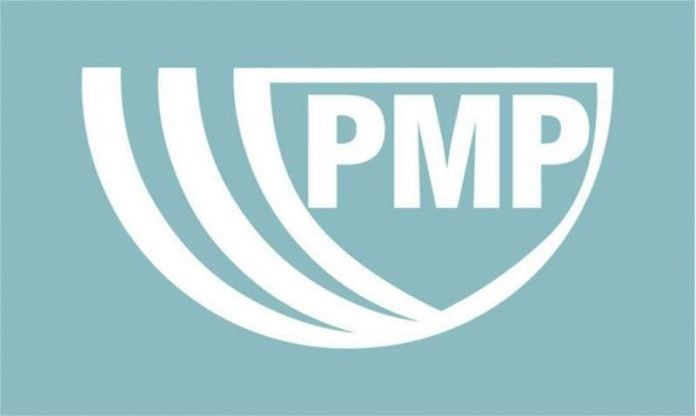Are you looking to get certified as a Project Management Professional (PMP)? If so, you may be wondering how many questions are on the PMP Certification and how long it takes to complete. Knowing this information can help you plan and prepare for the exam. In 2021, the PMP exam consists of 200 multiple-choice questions, of which 25 are considered pre-test questions and are not scored. The exam is four hours long, but you should plan for at least five hours for breaks and other activities. The PMP exam is designed to test your knowledge, experience, and skills in project management, and you’ll need to demonstrate your proficiency in the five project management process groups: initiating, planning, executing, monitoring and controlling, and closing. Additionally, you’ll need to demonstrate your understanding of the 47 project management processes. With the right amount of study and preparation, you can pass the PMP exam and become a certified project management professional.
Overview of the PMP Exam
The PMP exam is a computer-based exam that tests your knowledge of project management theory and concepts. The exam is offered by the Project Management Institute (PMI) and the American Society of Engineers (ASME). Candidates for the exam must have at least four years of project management experience, be currently employed as a project manager, and pass a test integrity check. The exam is offered at computer testing centers worldwide, but you must schedule an appointment to take it. The PMP exam is challenging, but most people can pass it with the right amount of preparation. The exam consists of 200 multiple-choice questions, which are broken down into five sections. Each section contains 50 questions, and you have four hours to complete the entire exam.
Number of Questions on the PMP Exam
The PMP exam has 200 multiple-choice questions and 25 pre-test questions that are not scored. You have four hours to complete the exam, and you must answer all 200 questions to pass. Each section of the exam has 50 questions that you’ll have to answer in 35 minutes. That leaves you with one minute and 35 seconds to read each question and mark your answer. If you need help pacing yourself, you can use the timer on your computer. Remember that the timer only marks the end of the section; it won’t mark the beginning of the next section. PMI recommends that you spend as much time preparing for the exam as you spend taking it.
How Long is the PMP Exam
The PMP exam is four hours long, but you should plan to spend at least five hours preparing and taking the exam. You’ll need time to relax and unwind after the exam, so don’t schedule your exam for the first day of your vacation unless you plan to stay in the hotel room and study! After you finish the exam, you’ll have to wait for your results. PMI offers two ways to receive your exam results. You can view your exam results online, or you can call the PMI Member Services phone number to request that your exam information be sent to you in the mail. If you choose to receive your exam results online, you’ll receive a pass or fail notification within three business days. If you request that your results be sent by mail, you’ll have to wait 14 business days for your results.
The Five Process Groups Tested on the Exam
There are five process groups tested on the PMP exam: initiating, planning, executing, monitoring and controlling, and closing. While you’ll need to know each process group, you can focus on the processes that are most relevant to your experience and situation. Since each process group has its own standards, terminology, and methodologies, you should be familiar with all five groups before taking the PMP exam. Initiating – The initiating process group is responsible for starting and managing the project. The initiating process group includes the project initiation, project objectives, project charter, the project manager, and project stakeholders. Planning – The planning process group manages the project’s scope, schedule, and cost. The processes in this group include project scope management, project schedule management, cost management, quality management, resource management, and risk management. Executing – The executing process group manages project work, monitoring project performance, and manages project deviations. The executing process group includes project work management, monitoring and controlling project work, monitoring and controlling project performance, and managing project changes. Monitoring and controlling – The monitoring and controlling process group manages project communications, including change control and issue management. This process group also includes procurement management, contract management, risk management, and project procurement management. Closing – The closing process group manages the project’s termination and final closeout. The closing process group includes procurement close-out, contract close-out, issue resolution, project change control, project termination, and project audit.
The 47 Project Management Processes Tested on the Exam
Each of the five process groups has its own standards, terminology, and methodologies. While you don’t need to know the nitty-gritty details of each of these 47 processes, you should have a general understanding of each one. You’ll also need to understand how each method is applied to a project. The following table lists each process and its corresponding process group. When studying for the PMP exam, make sure you know the definitions of each of these 47 processes by reading this PMP article.













